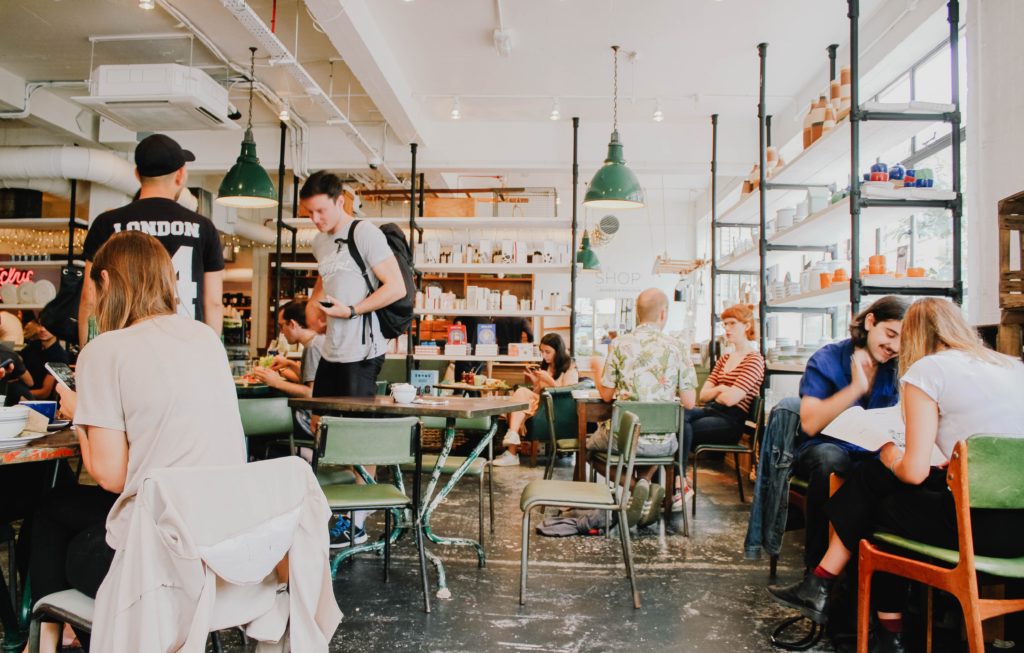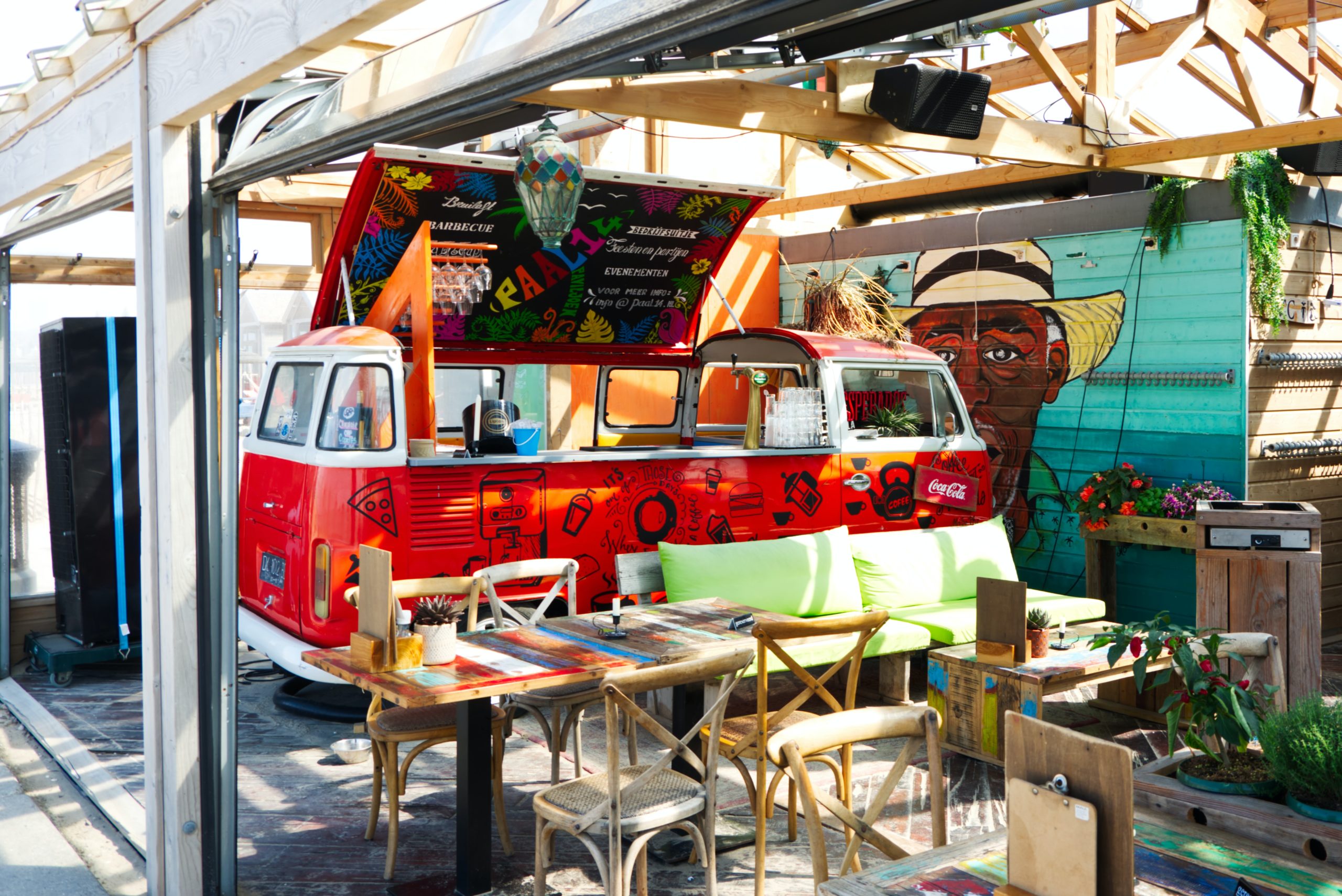The vibrant tourism industry, coupled with a multitude of peoples and culture, garners a very accommodating atmosphere to businesspersons wanting to venture into the restaurant business in Mauritius. Indeed, the country offers a variety of foods to its restaurateurs as a result of Creole, Indian, Chinese, and European amalgamations of cuisines. A growing middle class and unbroken flow of tourists, especially in areas like Port Louis, Grand Baie, and Flic-en-Flac, have brought increased demand for different dining experiences. This makes owning a restaurant viable profit wise.

An overview of the market
The food and beverage industry in Mauritius has changed tremendously in the past few years. Altering tastes of the local populace and expectations of foreign tourists have led to the setting up of many informal eating places and fine-dining venues. In as much as traditional Mauritian cuisines continue to play a central role, internationally-inspired eateries are popping up highly on the popularity charts-Japanese, Mediterranean, Italian, vegan, and health food menus. The nation is even more alluring for restaurant enterprises because of its business-friendly legislation and stable political environment.
Business registration
In Mauritius, registering your company with the Corporate and Business Registration Department (CBRD) is a need for opening a restaurant lawfully. You must choose an appropriate business form, usually a sole proprietorship or private corporation, and register the firm name. In addition, if you want to hire employees, you must register your company with the National Pensions Scheme and the Mauritius Revenue Authority for tax reasons once it is established. If they want to live and work in the nation, foreign investors may additionally need to apply for an Occupation Permit from the Economic Development Board (EDB).
Licenses and authorizations
Operating a restaurant in Mauritius requires a number of permits. The main need is a trading license that has been granted by the local government where your restaurant is situated. A Food Handling Permit, which attests to the fact that your establishment satisfies hygienic and sanitary requirements for food preparation and serving, is also required from the Ministry of Health and Wellness. The Excise Department must provide you a liquor license if your restaurant will offer alcohol. To guarantee continued compliance, regular examinations by the fire and health agencies could also be necessary.
The location and premises
Making the correct geographical choice is essential. High-traffic residential neighborhoods, commercial districts, and popular tourist destinations all provide significant opportunities. Verify that the selected property conforms with the zoning laws pertaining to food businesses. The property must have enough room for client seats, ventilation, suitable waste disposal systems, and a functional kitchen whether it is being purchased or leased. Renovations can be necessary to comply with health and safety regulations. Generally, before beginning activities, a Building and Land Use Permit (BLUP) must be obtained.
Recruitment and staffing
The labor in Mauritius is highly educated, and you may engage both local and foreign workers for your restaurant. Managers, wait staff, cooks, and kitchen helpers are common roles. All workers must be enrolled in the National Savings Fund and National Pensions Scheme, and you must abide by labor rules pertaining to pay, hours worked, and vacation time. It is also advised to provide frequent training in food hygiene and customer service to guarantee a top-notch eating experience.
Financial planning and expenses
In Mauritius, a restaurant’s initial expenses depend largely upon its size, location, and theme. Major expenses incurred would include the purchase of equipment, hiring staff, obtaining a license, renting a location, and initiating marketing operations. On the financial management side, a company bank account must be opened and working with a local accountant or business consultant can facilitate tax planning and compliance. Businesses that generate more over MUR 6 million in taxable supply annually are required by the MRA to register for VAT.
Advertising and promotion
A strong marketing plan is necessary to create a name in the cutthroat restaurant industry. Build brand recognition, develop a unique brand, design an attractive menu, and utilize social-media platforms like Facebook, Instagram, and TikTok for visibility. Initiatives such as marketing campaigns with local influencers and providing unique dining experiences could entice customers. Adding your name to delivery apps and restaurant directories, or taking part in culinary festivals, will help you get more exposure.
You may also find these articles helpful
Guide on opening a restaurant in Serbia
Guide on opening a restaurant in Guadeloupe
Guide on opening a restaurant in Ukraine






